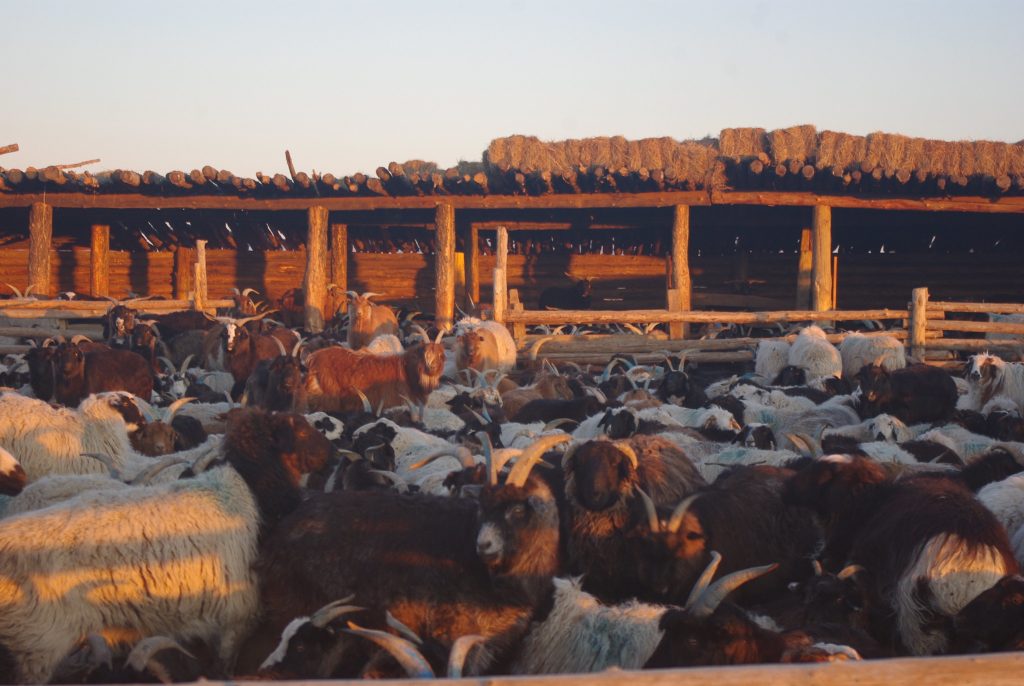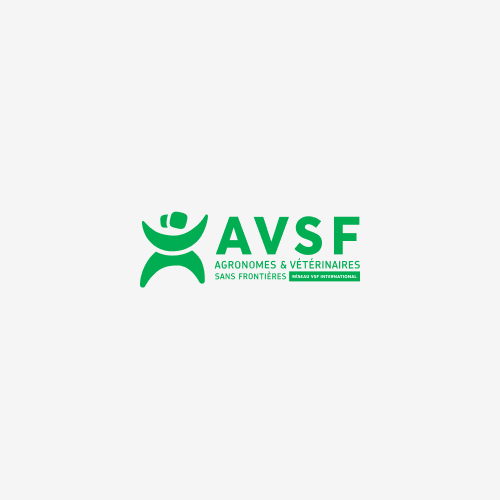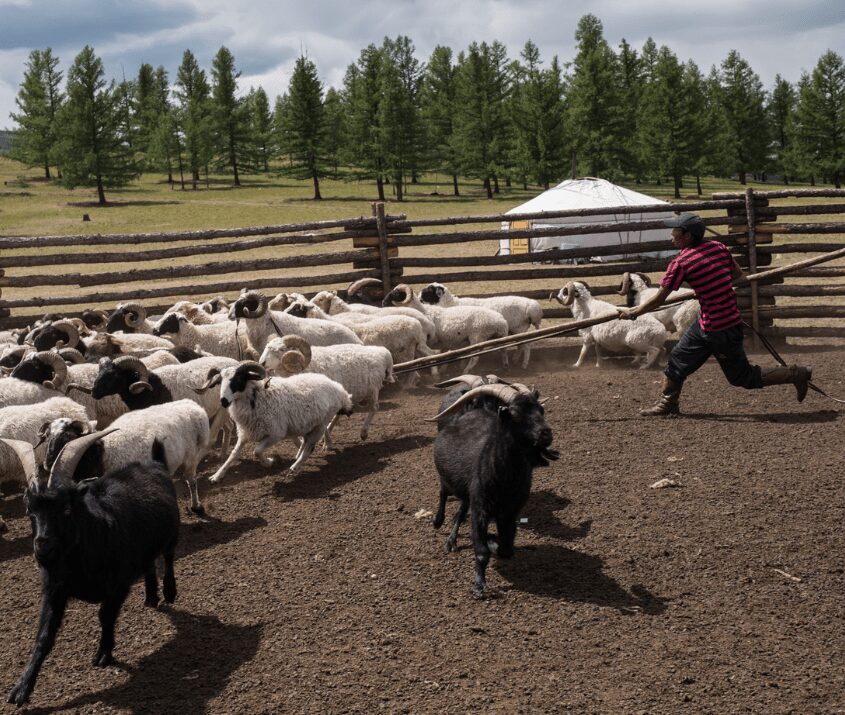Through a series of consultations, the consortium gained an in-depth understanding of the cashmere value chains. The consortium also collaborated with farmers, local authorities, businesses and financial institutions in Mongolia. These exchanges provided a better understanding of the issues surrounding fine wool and cashmere in the country.
The STeP EcoLab I assessment highlighted the importance of institutionalising sustainable consumption and production (SCP) practices. These practices must be integrated into the textile sector on a long-term basis to promote responsible development.
The project supports Mongolia’s transition to a low-carbon, resource-efficient economy. It promotes a more sustainable textile value chain and supports the country’s economic recovery. Several activities will consolidate successful SCP practices and replicate them in other contexts. The project also aims to improve value chains and strengthen existing institutional frameworks. Its objective is to stimulate sustainable development in the Mongolian textile industry. It encourages environmentally friendly production and strengthens collaboration between stakeholders. The project also develops proven business models to support this transition.
Objectives
>> Engage and support companies of all sizes in replicating sustainable and certified raw material sourcing mechanisms;
>> Strengthen the credibility of eco-labelling systems;
>> Develop an environment conducive to the transition of the textile processing sector to sustainable production practices.
Expected results
The STeP EcoLab II project will deliver four results focused on different levels of engagement with target groups/key stakeholders.
- High-potential livestock farmer organisations are supported in adopting demanding certified sustainable practices.
- MSMEs in the Mongolian textile sector will be strengthened in their adoption of sustainable consumption and production practices, their credibility will be enhanced in global markets, and their relationships with humanitarian organisations will be strengthened.
- MSMEs and companies in the textile sector will have access to green financing instruments that meet their needs.
- Policy makers adopt regulations promoting sustainable consumption and production in the Mongolian textile sector, and awareness among (inter)national consumers is improved.
Methodology
The project uses a participatory and multi-stakeholder approach, engaging target groups throughout implementation and building on the structures of STeP EcoLab I.
Consortium partners will contribute to relevant networks and platforms to ensure collaboration and synergies between all stakeholders.
An integrated strategy will strengthen the sustainability of cashmere and fine wool supply chains. It will rely on digital traceability, circular economy innovation and access to green financing. Advocacy will support regulatory improvements to create an environment conducive to sustainable practices. These efforts will also strengthen the market’s long-term competitiveness.







